
Andrew Sherman

Audio By Carbonatix
In the space of just two songs, Regina Spektor danced across time.
The acclaimed singer-songwriter was seated on the Majestic Theatre stage Wednesday, making her first appearance in North Texas in 16 years as part of her Midsummer Daydream Tour. (“I’m so happy to be back,” she said, as the ecstatic cheers greeting her entrance subsided. “It took me a minute.”)
She’d just concluded “Summer in the City,” a tune from her fourth album, 2006’s Begin to Hope – “This song is my other summer song,” she said, by way of introducing “City” – and began playing “Loveology,” the wistful, penultimate track from her eighth and most recent studio album, 2022’s Home, Before and After, produced by the Dallas-bred John Congleton.
The span between Hope and After is precisely as long as the amount of time she’d been away from a North Texas audience – 16 years – but what the leap between eras affirmed was how the 45-year-old Spektor had remarkably retained the core of her songcraft, even as she’d evolved and expanded and lived a life.
The essence of her creative self – curious, mischievous, ambitious – was undiluted by days melting into weeks, pouring into months, and spilling into years.
The near-capacity audience inside the Majestic Theatre (all of whom were required to undergo a security screening upon entering, doubtless a concession to Spektor’s jarring confrontation in Portland a week ago) was reverently silent throughout, bursting into applause and whoops the moment Spektor’s fingers lifted from the keyboard of the Steinway grand piano. (So still was the audience that you could often hear Spektor’s boot-clad foot keeping metronomic time on the stage.)
Yet, even amid the attentive silence, it was possible to discern many singing along, the words of Spektor’s songs like a sustained low hum filtering through the room.
Over the course of 95 minutes Wednesday, Spektor traversed the breadth of her diverse catalog, her set list casually tossed atop the piano strings and swerving from the sparkling bounce of the opener “Folding Chair” to the lilting “Better” (which Spektor turned into an impromptu audience participation moment, inciting clapping as she pounded out a rhythm on the Steinway’s body) to the bracing, post-punk-flavored “That Time” (as Spektor donned a robin’s egg blue electric guitar) to the ecstatic fever dream hymnal of “Human of the Year.”
Situated upon a bare stage, with little more than some lights above and behind her, Spektor alone held the room at rapt attention. Her expressive, limber, multi-octave voice – singing in English, French and Russian-had lost none of its snap or spark over time.
The sweet sting of her precise phrasing – Spektor’s evident love of language’s inherent musicality was on display again and again Wednesday, through repetition or emphasis on syllables, making what was sung as important as the melodies underneath – mixed with her classically trained omnivorousness served to underscore how criminally underappreciated such sophisticated musicianship is in the era of sugar-high TikTok clips.
Spektor saved most of her audience interaction for the evening’s beginning and end – “Thank you so much for tonight,” she said, just before the main set-ending “Fidelity” – but given how much she was saying and sharing in her songs, any additional dialogue felt almost superfluous.
Also unspoken was the beauty of Spektor’s resolute idiosyncrasy. Particularly in a moment so charged with the crushing weight of conformity, being freely and fully yourself can feel like a monumental and moving act of defiance. Nothing explicit was said, but nothing needed to be.
Regina Spektor, whether reading with pickles, loving Samson or singing of being a dinosaur, was simply herself – deftly bending time to her will, showcasing the fullness of her theatrical, dense and irresistible songbook for an audience only too happy to bask in its masterful singularity.
See more photos from Wednesday’s show:
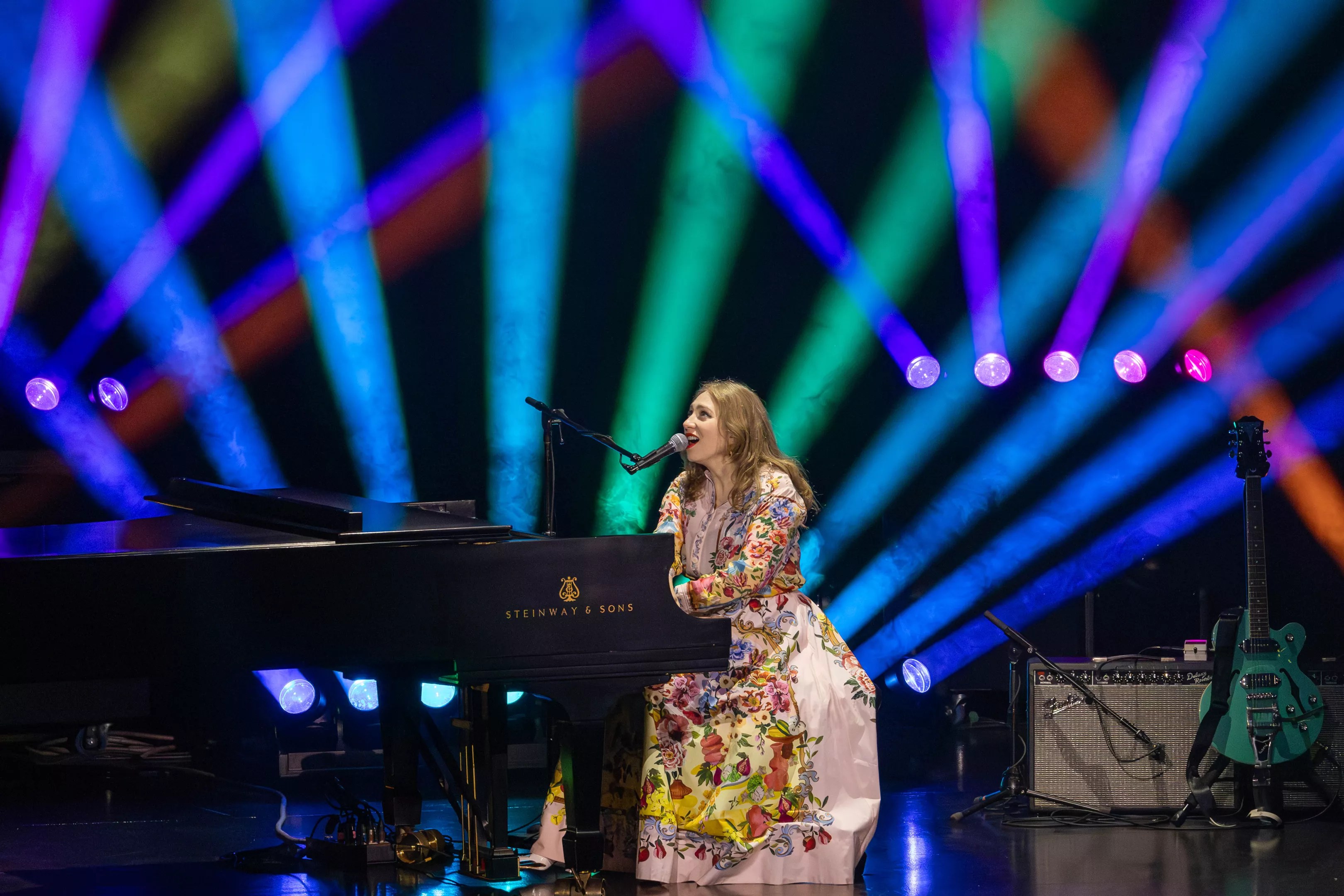
The Majestic Theatre was the Dallas stop along Spektor’s Midsummer Daydream Tour.
Andrew Sherman
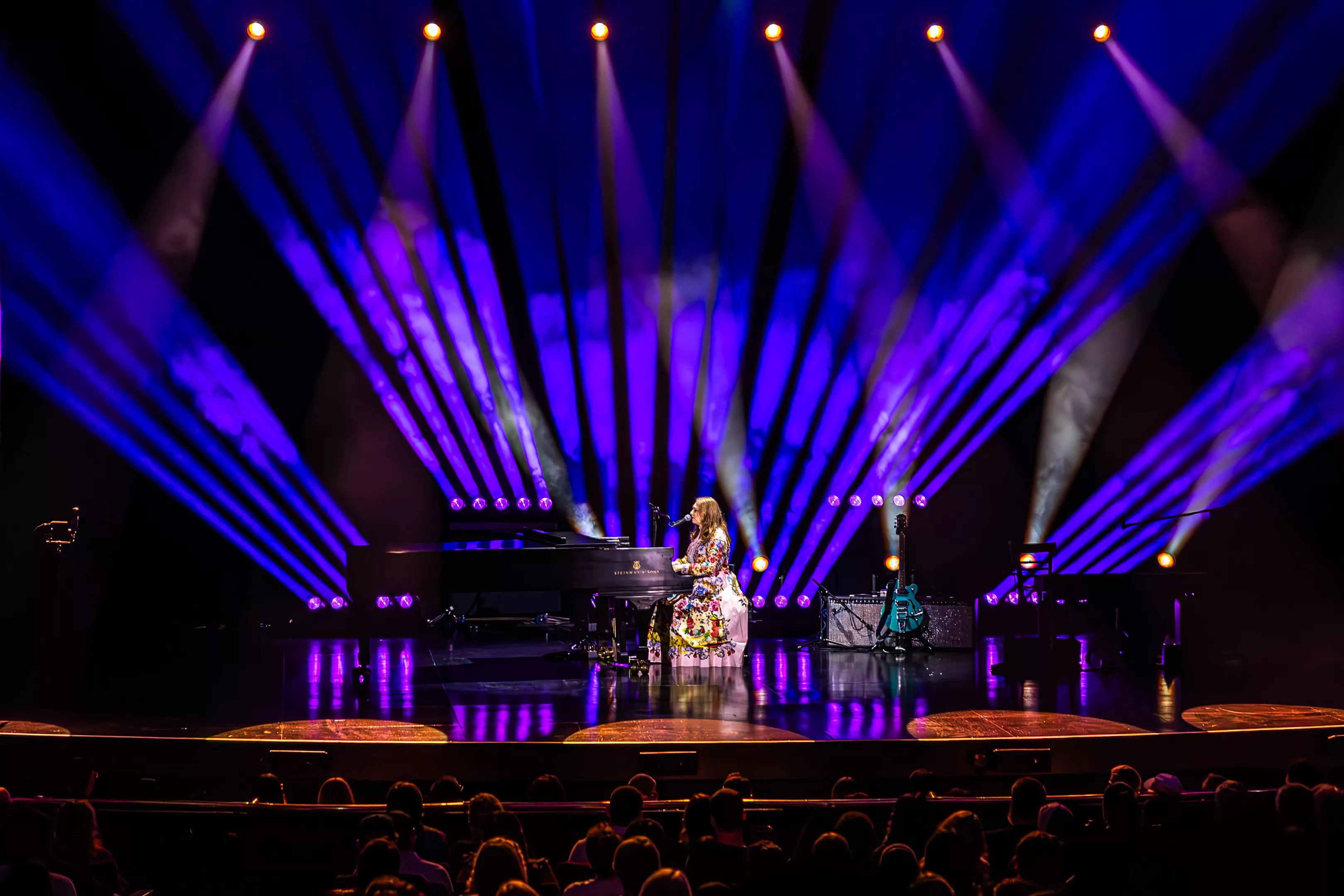
Spektor wrote “You’ve Got Time” which was the theme to the hit show Orange Is the New Black.
Andrew Sherman
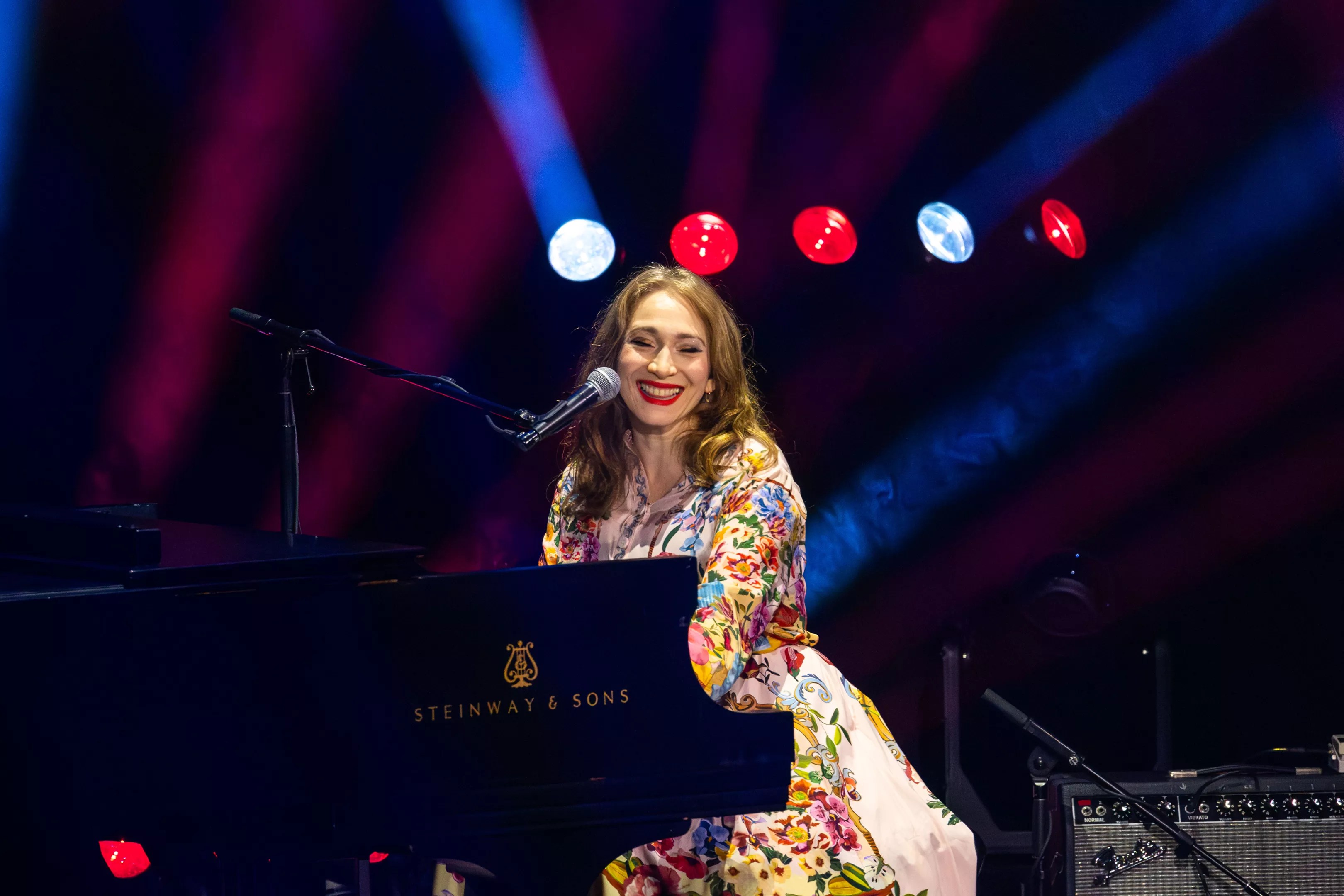
Spektor was all smiles in Dallas.
Andrew Sherman
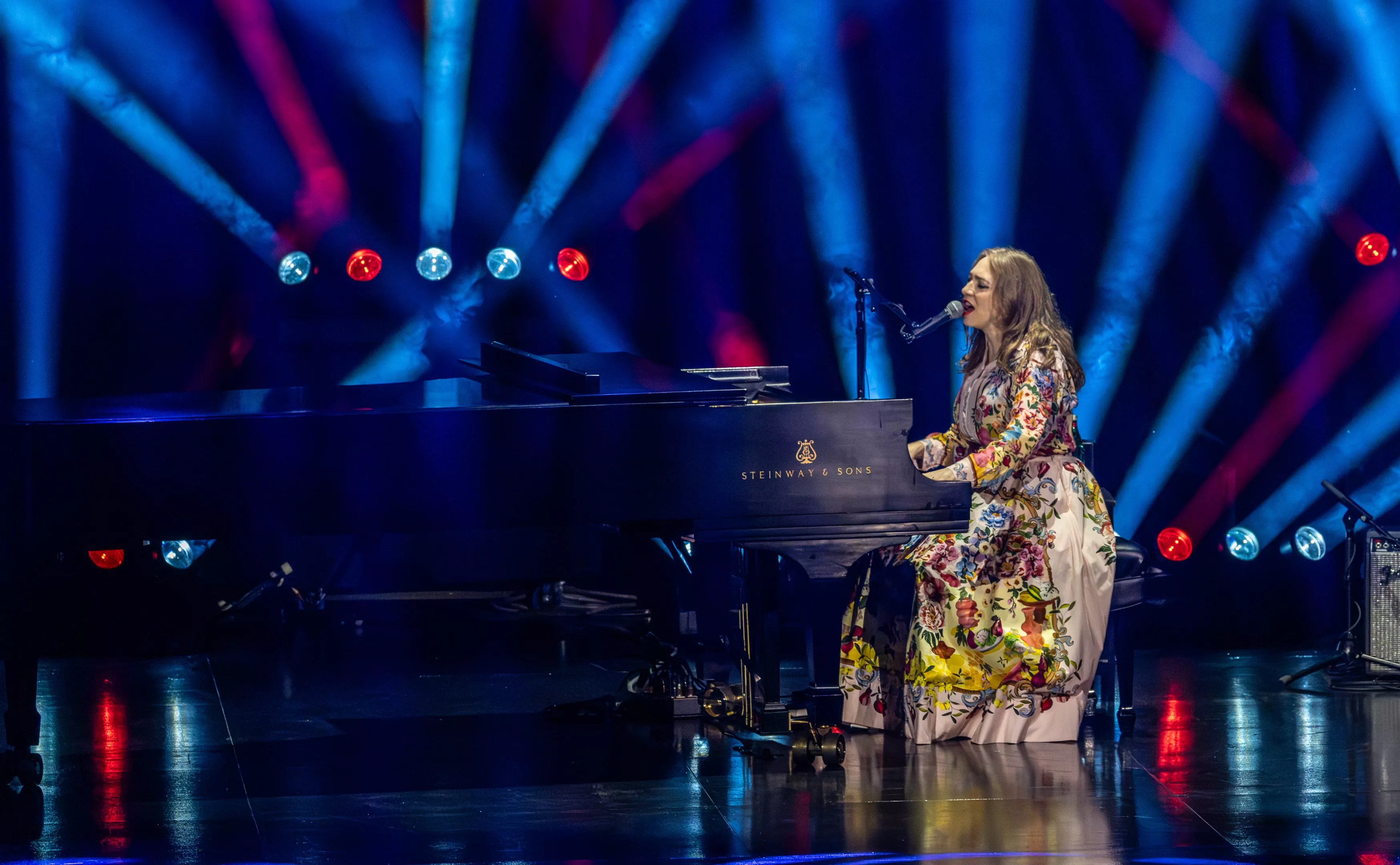
Spektor went back to her roots as a classically trained pianist for much of the show.
Andrew Sherman
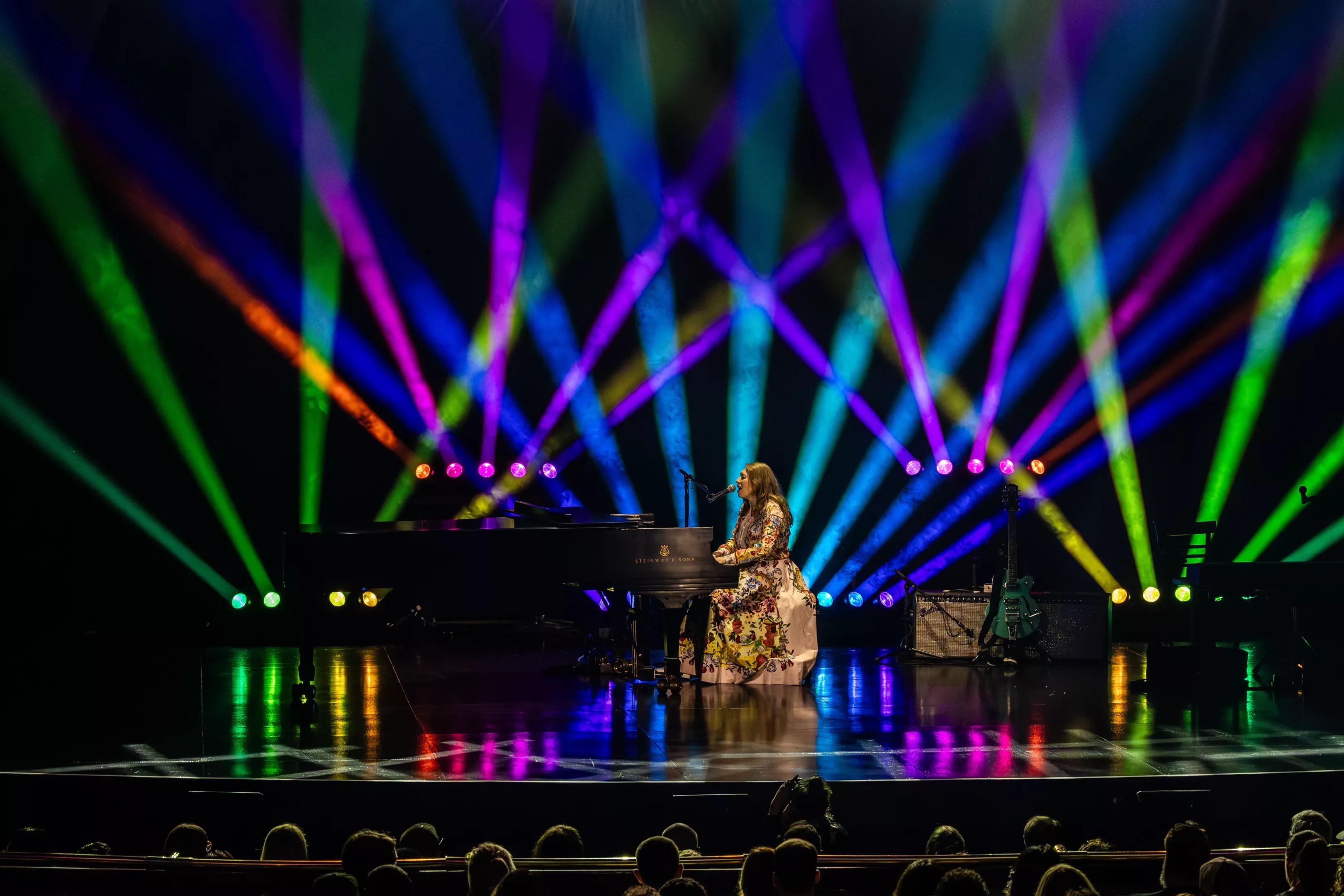
Spektor was born in Moscow and emigrated to the Bronx at age nine.
Andrew Sherman
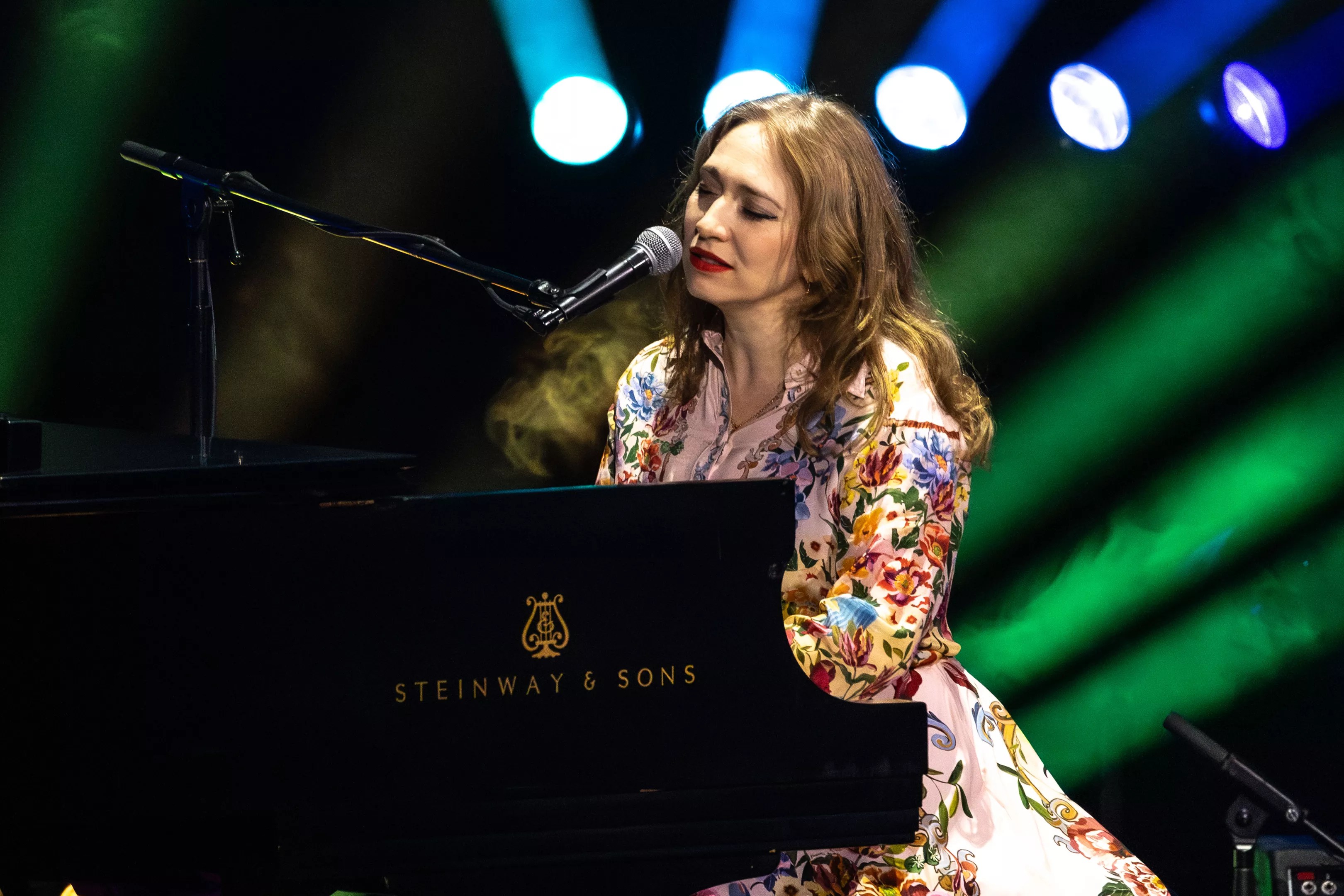
Spektor is known for her quirky, theatrical vocals and percussive technique.
Andrew Sherman
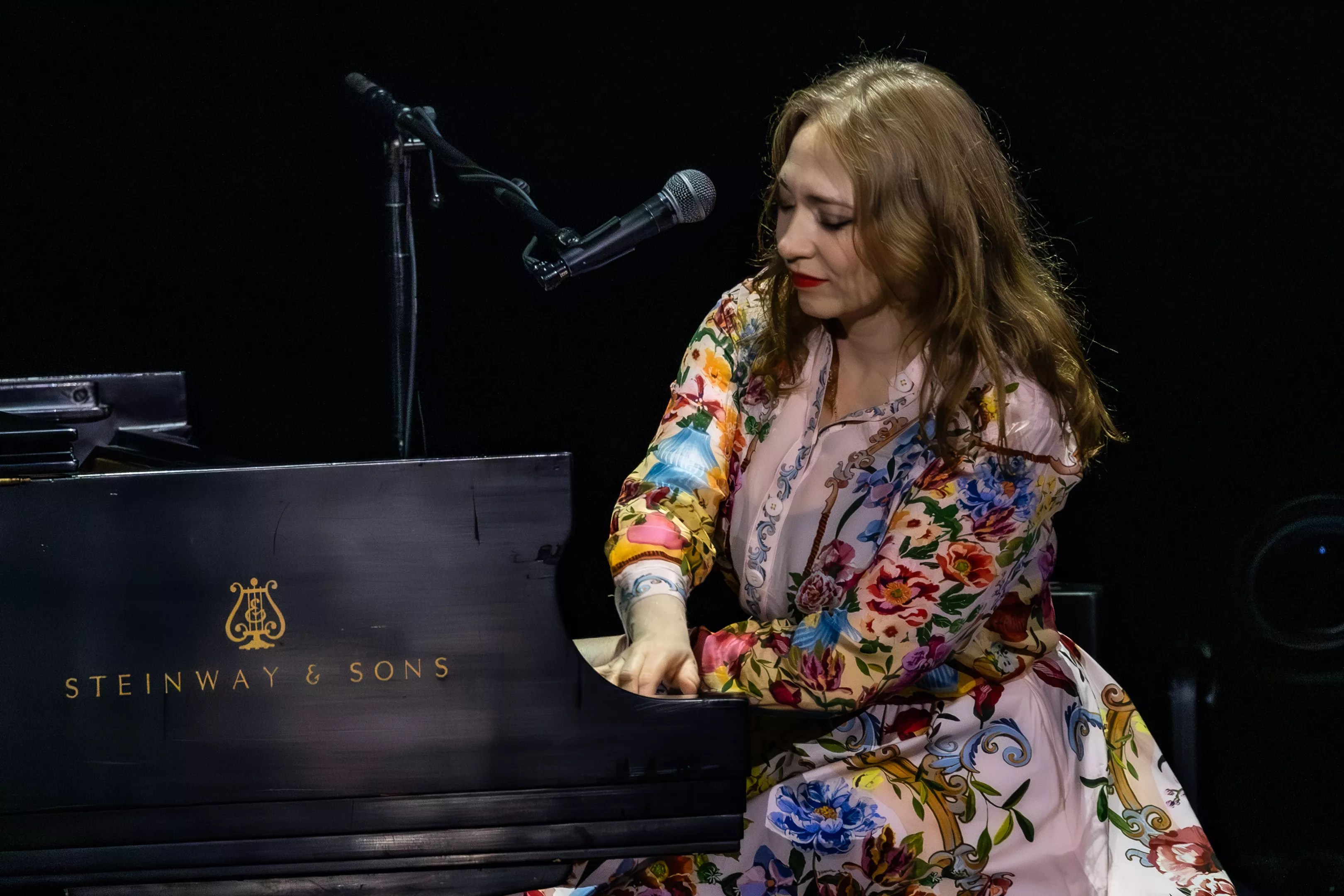
Spektor’s piano-driven compositions often use odd time signatures and unconventional chord changes.
Andrew Sherman
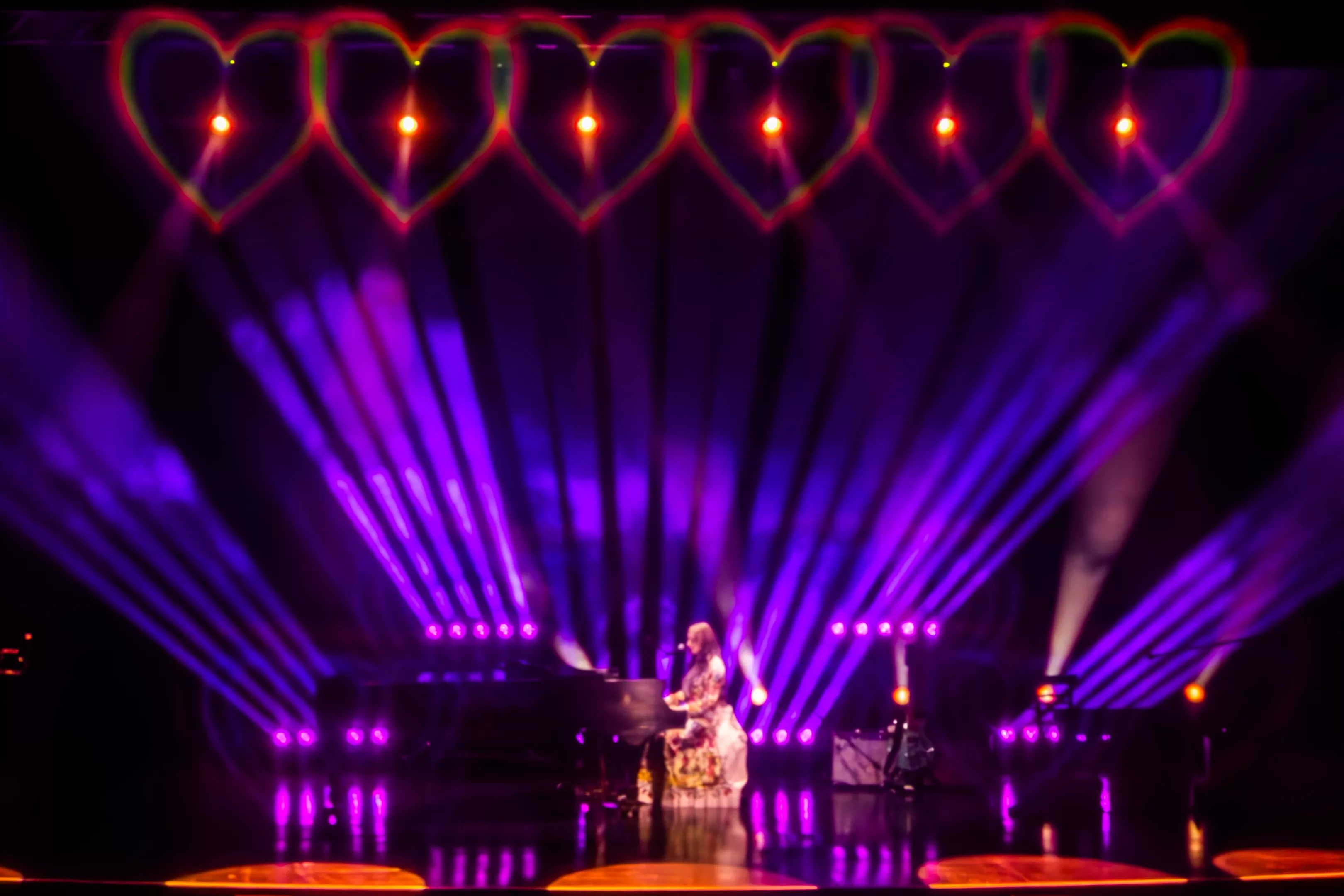
Spektor switches effortlessly between English, Russian and French in her songs.
Andrew Sherman
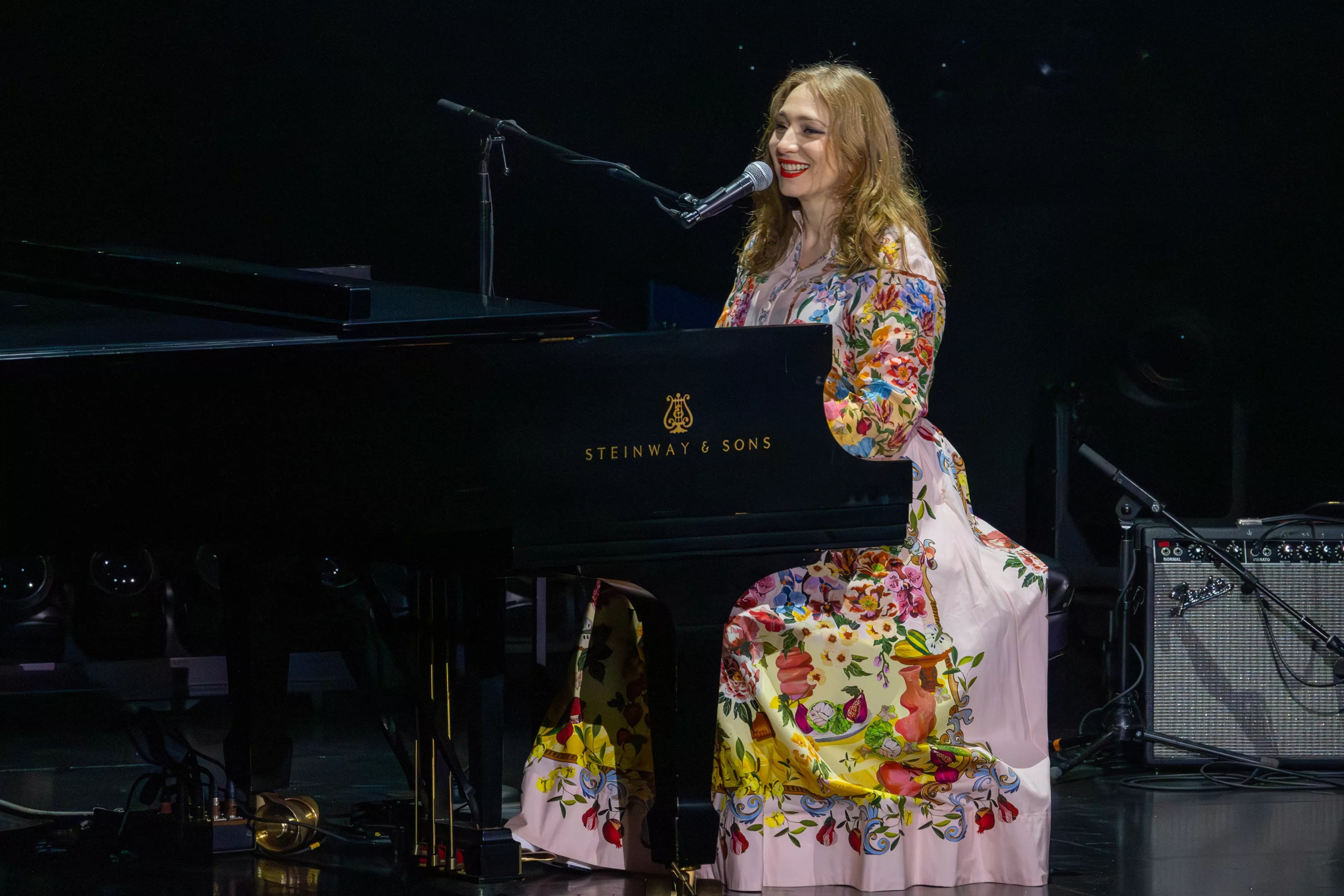
Spektor has released eight studio albums since 2001.
Andrew Sherman
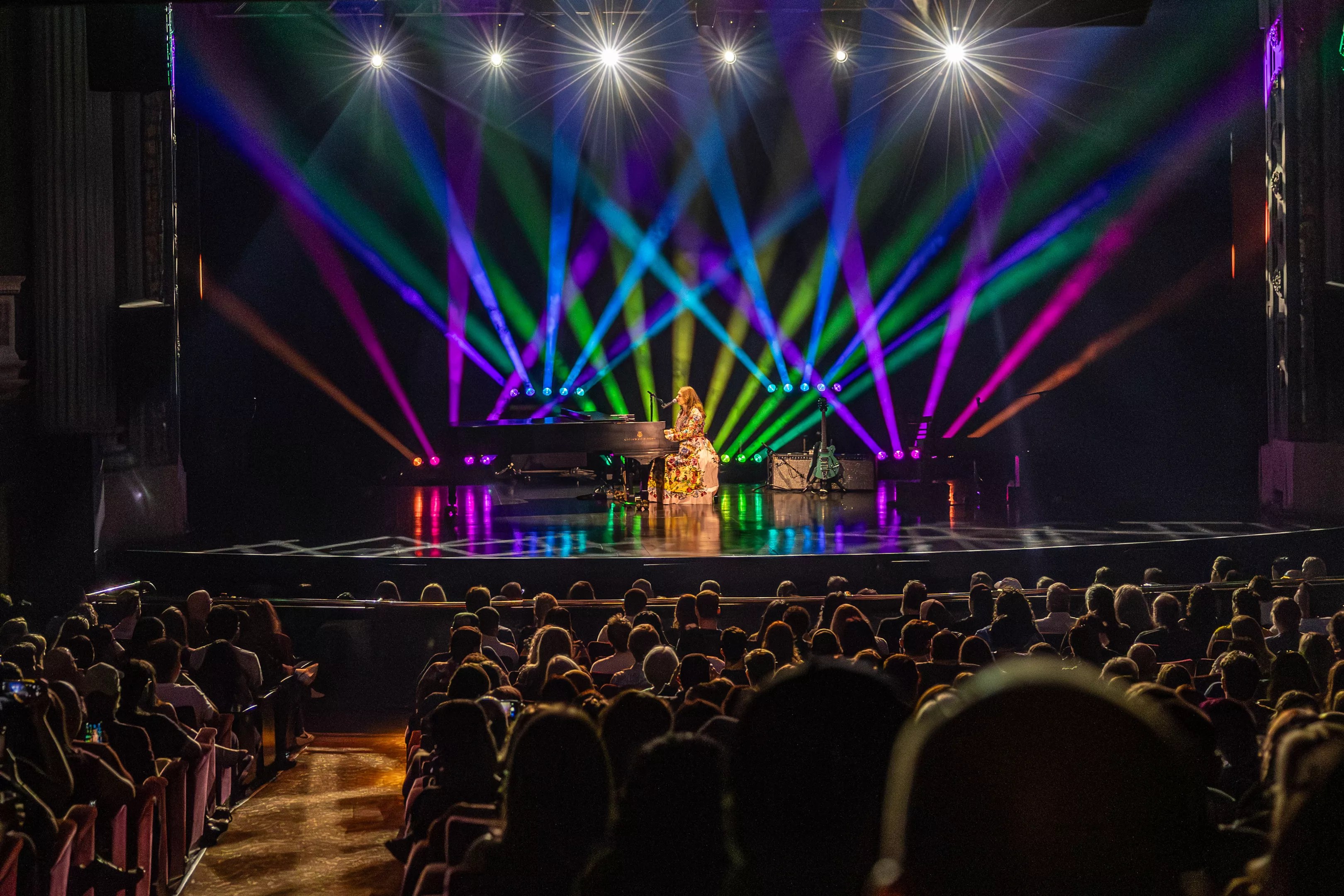
The beautiful Majestic Theatre was the perfect setting for this solo performance.
Andrew Sherman